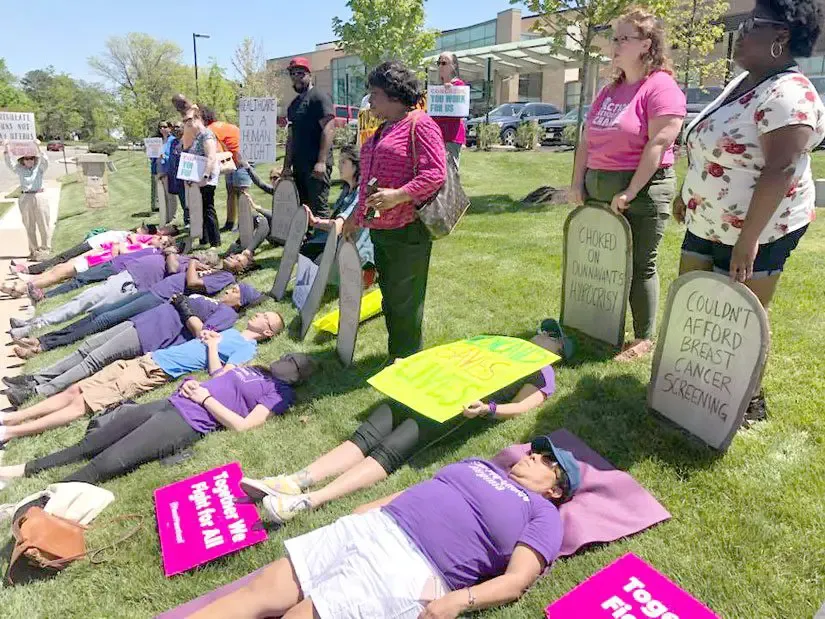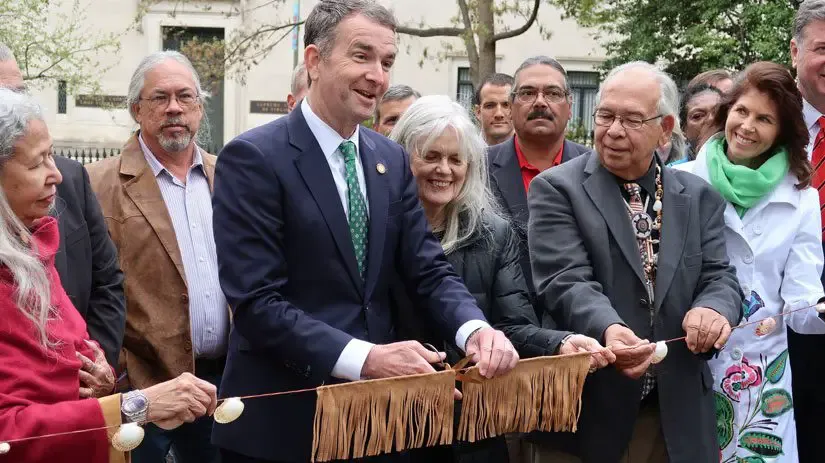2 rare diseases may be added to newborn screenings

Table of Contents

Like a typical 12-year-old girl, Haley Hayes texts, browses the internet, socializes with friends and family, and loves to sing – especially to Carrie Underwood. What Haley doesn’t typically share with her peers is that she was born with a rare genetic condition called Pompe disease.
Haley has suffered muscle loss and other complications because of the disease. She might have been spared some of those health problems had she been born in a different state.
Del. Todd Pillion, R-Washington, has introduced a bill that would add Pompe disease and MPS I, another genetic disorder, to Virginia’s newborn screening program. If these diseases are caught early, immediate treatment can make a significant difference in the patients’ quality of life – and may even save their lives.
Pompe disease is a result of a buildup of glycogen in the body’s cells that impairs muscles and organs, including the heart. MPS I is caused by a gene mutation that prevents cells from breaking down glycosaminoglycans, which leads to cell, tissue and organ damage.
The disorders were brought to Pillion’s attention after a baby from his House district, Ruby Kate Leonard, was diagnosed with MPS I. Ruby Kate was born in July in Bristol, Tennessee, where the state tests for conditions like hers. She was diagnosed at just nine days old, and the early treatment she’s receiving allows for the best possible outcome.
“Had she been born in her hometown of Russell County, Virginia, the screening for MPS I isn’t operational yet,” said Tyler Lester, Pillion’s legislative assistant. “It would not have been caught.”
Ruby Kate’s father, Elijah Leonard, set up a Facebook page to share Ruby Kate’s story, provide information regarding fundraisers and keep friends and family updated on her progress. The page has over 2,000 likes.
Haley Hayes was diagnosed at six and a half months with the help of doctors from Virginia Commonwealth University Medical Center. Her mother, Krystal Hayes, believes Haley’s life could have been different if she was born in a state that tested for the disease at birth.
“We know with earlier treatment, there’s some issues that could’ve been avoided. Muscles were lost that we can’t get back,” she said.
After Haley was diagnosed, she received three enzyme treatments at VCU and then was transferred to Duke University Medical Center, where her care continues.
Both the Hayes and Leonard families have advocated for Virginia to add these diseases to the newborn screening program. Pillion’s bill, HB 1174, was unanimously approved by the House Committee on Health, Welfare and Institutions and awaits a vote of the full House.
Krystal and Haley Hayes have traveled to North Carolina to promote the cause, and they told Haley’s story at a meeting of the Virginia Newborn Screening Advisory Committee in December. The advisory committee voted unanimously in favor of adding both Pompe disease and MPS I to the program.
“For families going forward, they can find out at birth and get the child on treatment sooner,” Krystal Hayes said. “We’ve seen very many families over the years whose babies haven’t made it because they had diagnosed them too late – so it can honestly save a baby’s life.”




